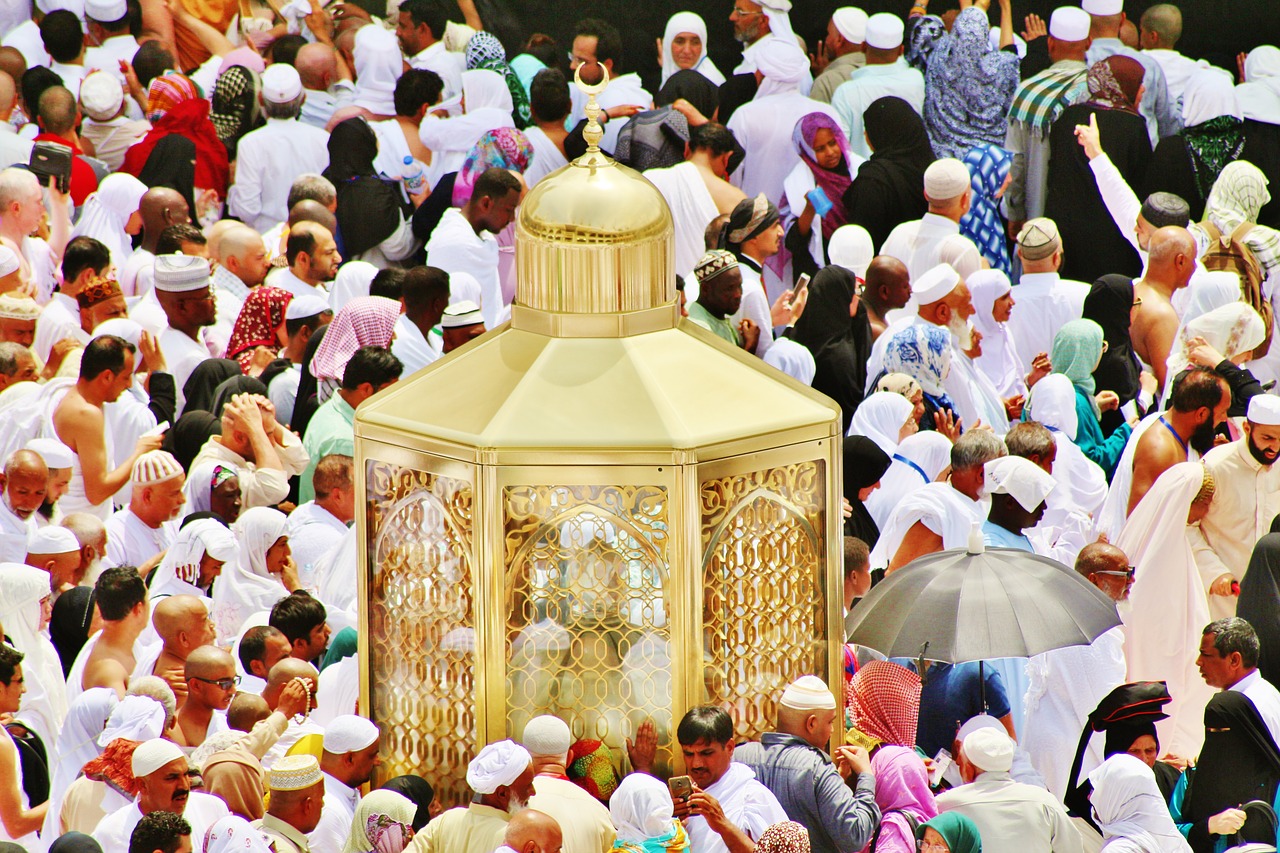Overview:
Pilgrimage is a sacred journey undertaken by individuals of various religious traditions as a demonstration of commitment, non-common development, and looking for divine benefits.

Here are a few thought processes for why individuals continue on pilgrimages in different religions:
Looking for Otherworldly Edification: Travelers set out on excursions to sacred destinations or hallowed places looking for profound knowledge, illumination, and a more profound association with the heavenly. The journey to appreciate much of the time includes customs, supplications, and reflection rehearses intended for working on one's strict acknowledgment and expertise.
Communicating Commitment and Love: Journey is a statement of dedication and respect nearer to venerated figures, holy people, divine beings, or goddesses connected with specific sacrosanct destinations. By visiting those spots, explorers honor their non-mainstream, verifiable past and show their obligation to their religion.
Looking for Mending and Favors: Numerous pioneers concur with the idea that voyaging heavenly sites or taking part in hallowed customs can convey materially, close to home, or strict recovery. They are looking for benefits from heavenly or noteworthy mediations to mitigate battling, treat illnesses, or win over life's difficulties.
Purging and Refinement: Journey every now and again incorporates ceremonies of filtration, alongside washing in consecrated waterways, giving petitions, and acting demonstrations of atonement. Pioneers are attempting to track down profound cleaning and sanitization to free themselves of sins, negative karma, or non-mainstream pollutants.
Local area and Partnership: Journey presents a chance for devotees to return to all things considered in a common non-mainstream experience, encouraging a feeling of local area, solidarity, and cooperation. Pioneers habitually shape bonds with individual travelers, share stories of religion, and guide each other close by the journey course.
Satisfying Strict Commitments: In a couple of strict practices, journey is an otherworldly commitment or obligation recommended by sacred texts or profound government. Satisfying journey obligations is expected to convey benefit, benefit, and profound awards in this presence and the hereafter.
Generally, pilgrimage serves as a viable articulation of religion, commitment, and otherworldly mission for countless devotees around the world, offering them a likelihood to connect with the heavenly, develop their non-common practices, and partake in the extraordinary power of hallowed trips.